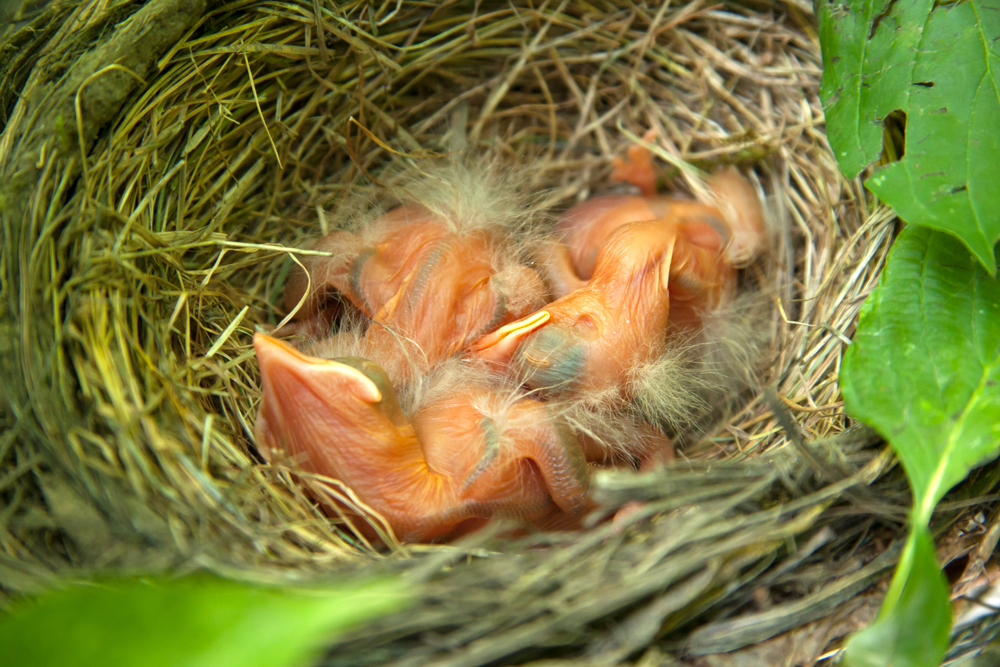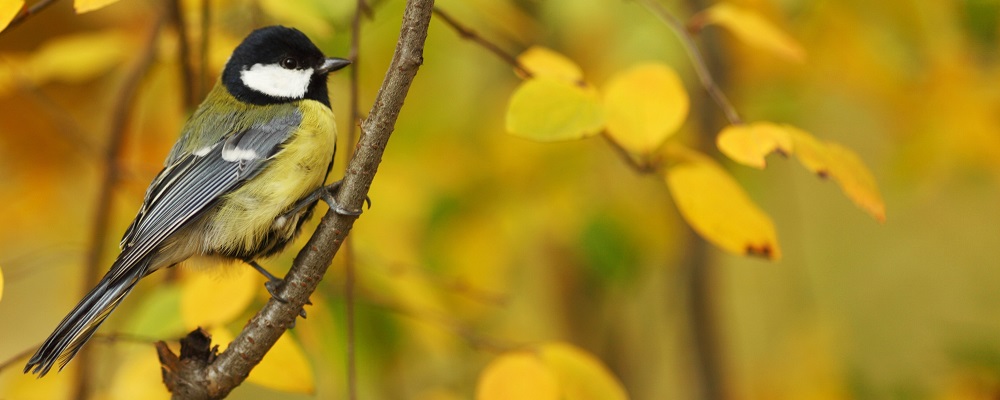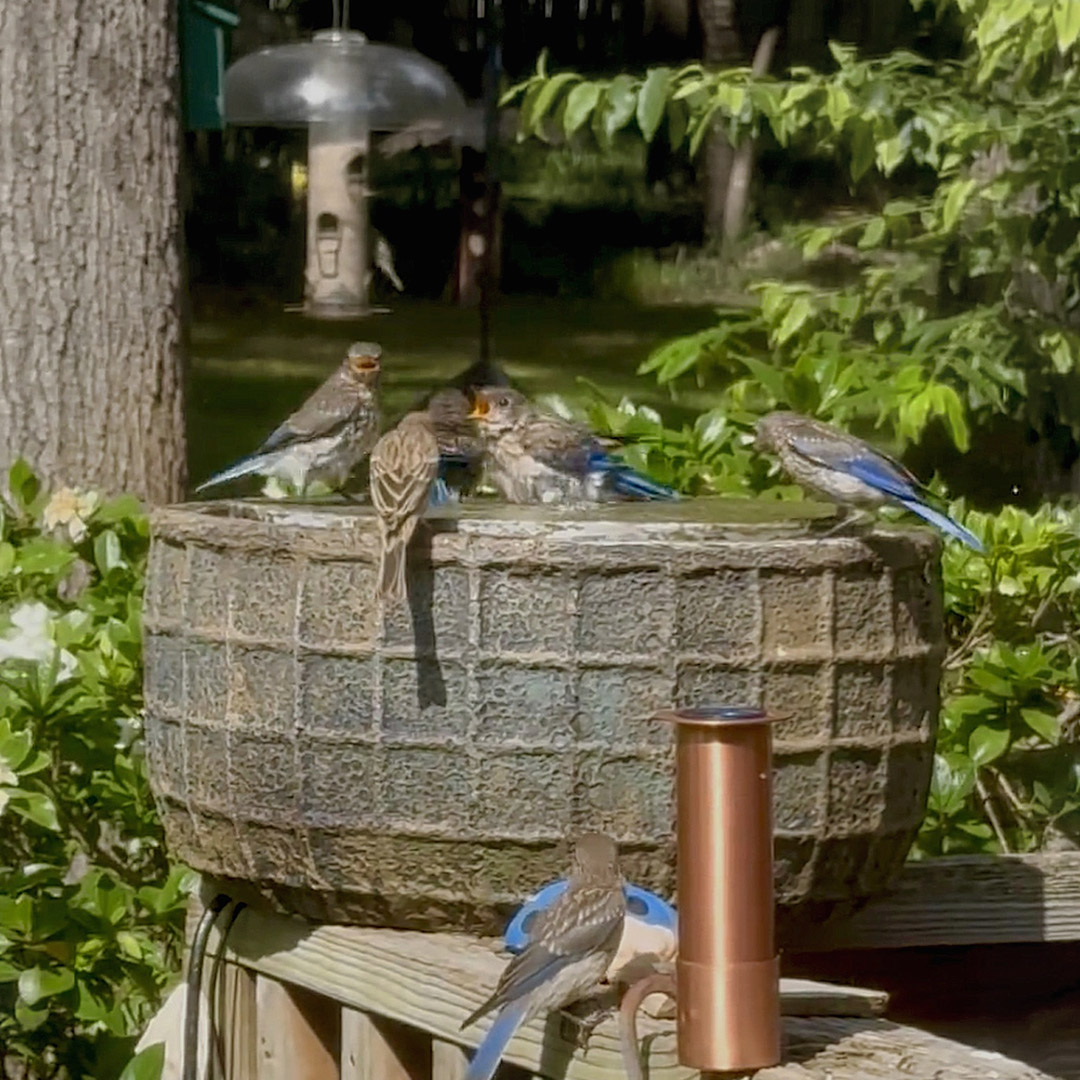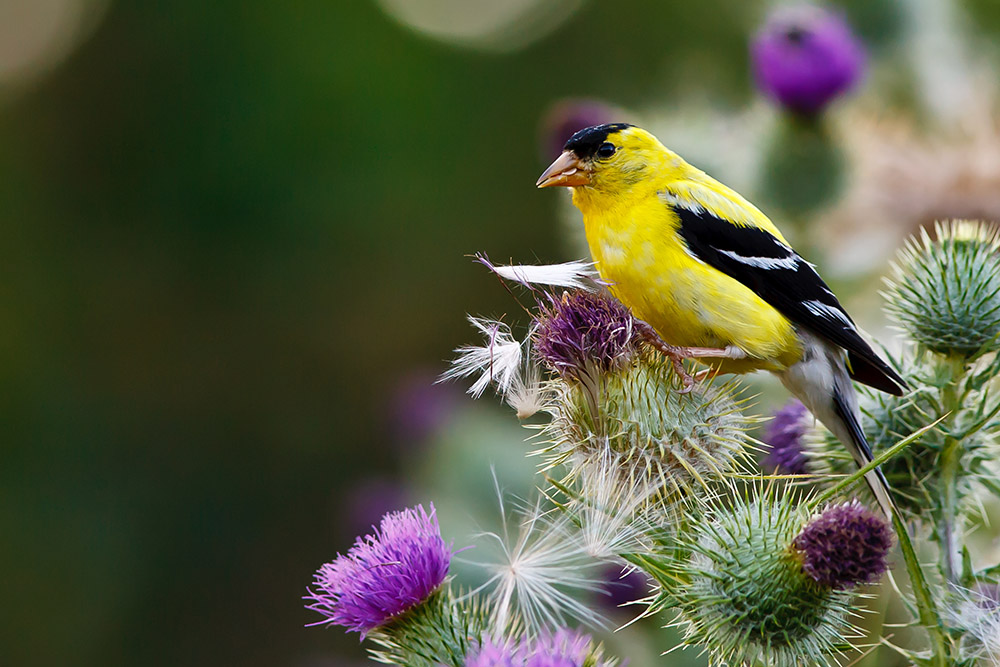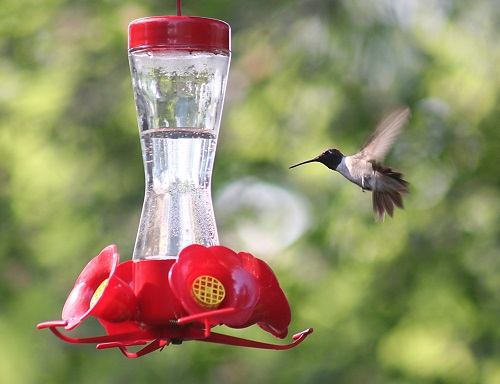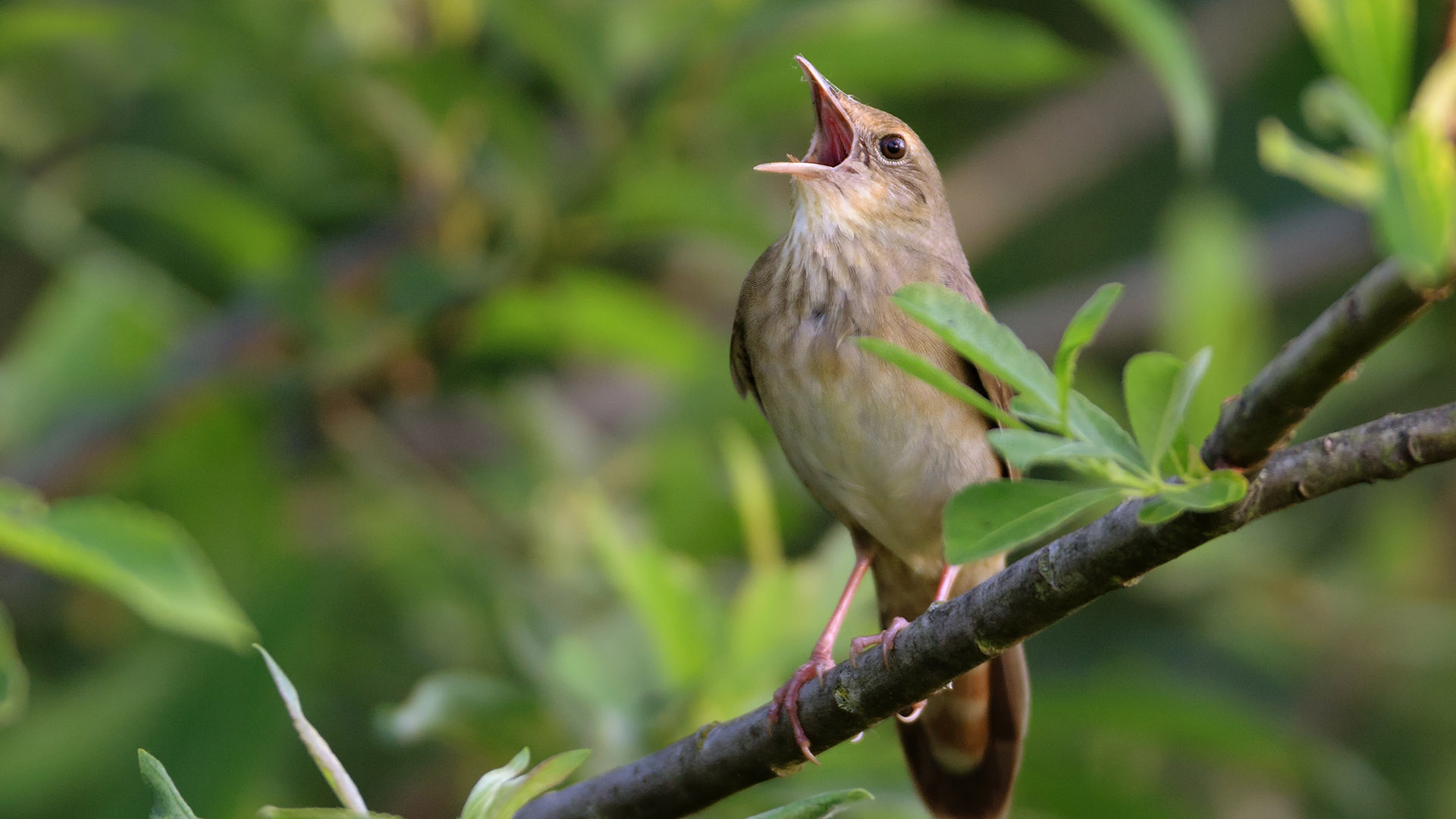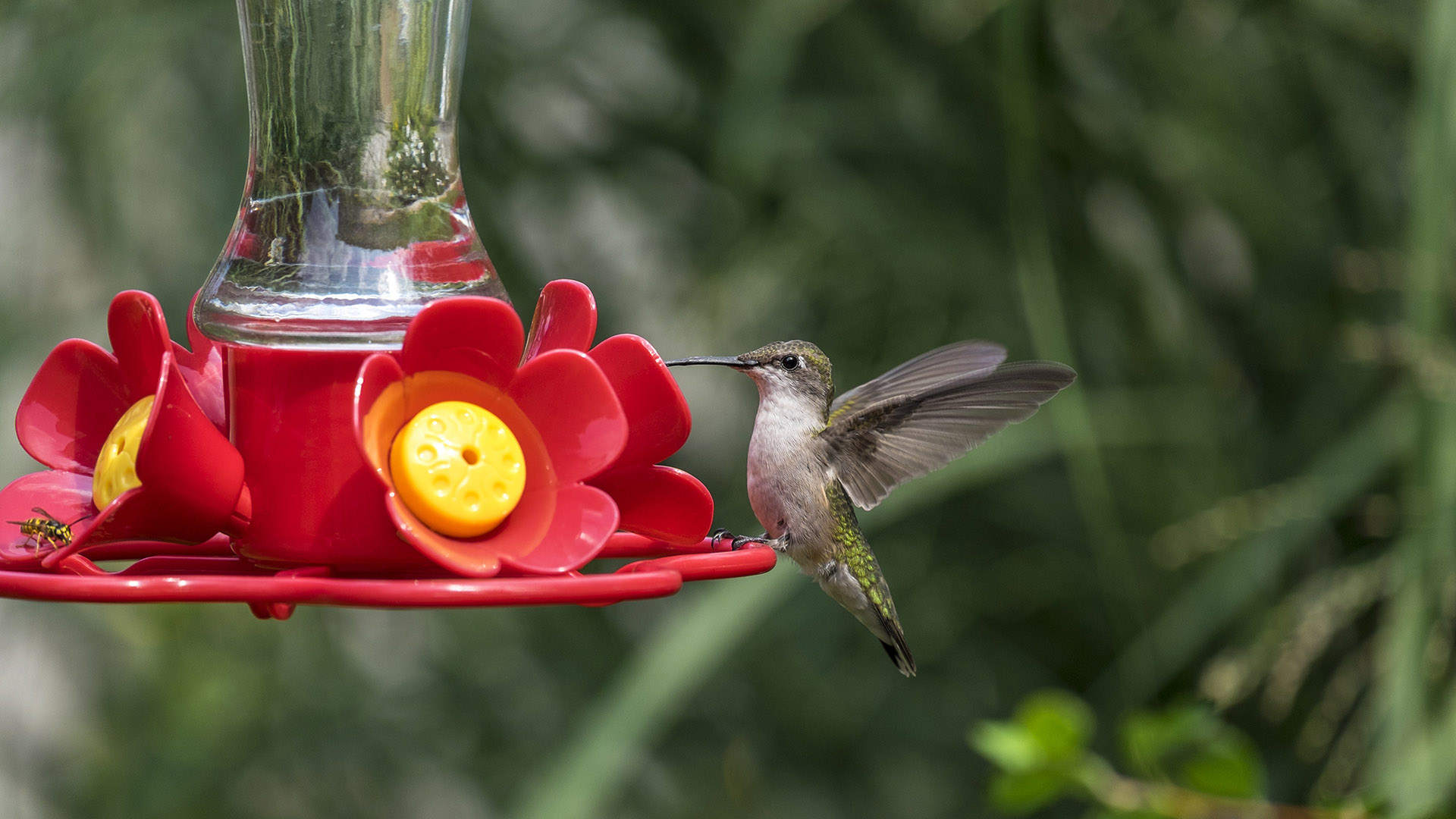Don’t be a bird napper!
If a nest has fallen due to poor construction or the nest has blown down in a storm them make a “makeshift” nest. This can be out a variety of material.
Rules to follow:
The nest needs to have drainage, so the nest doesn’t fill with water and drown babies or make them hypothermic. An ideal substitute nest will be 8-10 inches in diameter, at least 6 inches deep and have drainage holes. Plastic hanging baskets are ideal for this purpose. Line it to the top with dry grasses or straw, then press down the center of the lining with your fist to make a small bowl-like depression to hold the baby.
Where the substitute nest should be hung in the tree:
- Away from the trunk (otherwise it may be accessible to cats).
- 6-8 feet off the ground (so it can’t be disturbed by activity below it.
- Underneath overhead branches and leaves (for protection from sunlight, rain, overhead predators).
- In a tree not more than 20 feet away from where baby was originally found (Parent birds won’t search a neighborhood for their baby. They recognize their baby by voice and will only return to the original location to look for it).
Remember to:
- Keep out of sight and minimize all activity otherwise the parents will not feel safe enough to return.
- Keep pets and children away from the area.
Don’t wait for the parents for more than 2 hours. If the parents have not begun actively caring for the baby after 2 hours, seek help!
See article: How to Identify A Nestling from A Fledgling
Used by permission of our friends at Carolina Waterfowl Rescue
Carolina Waterfowl Rescue is a non profit 501(c)3 wildlife rescue organization located in Charlotte, NC. CWR is run by federally-licensed migratory bird rehabilitators specializing in waterfowl. They take in over 1000 birds a year covering close to 40 different wild bird species. CWR is an all-volunteer group that donates their time, money and expertise to helping North Carolina’s birds in need. They also accept domestic or exotic ducks for placement, do nuisance referrals, and offer bird, duck and goose rescue assistance.
Learn more about their rescue efforts and how you can help by volunteering.
Visit their Facebook page.

